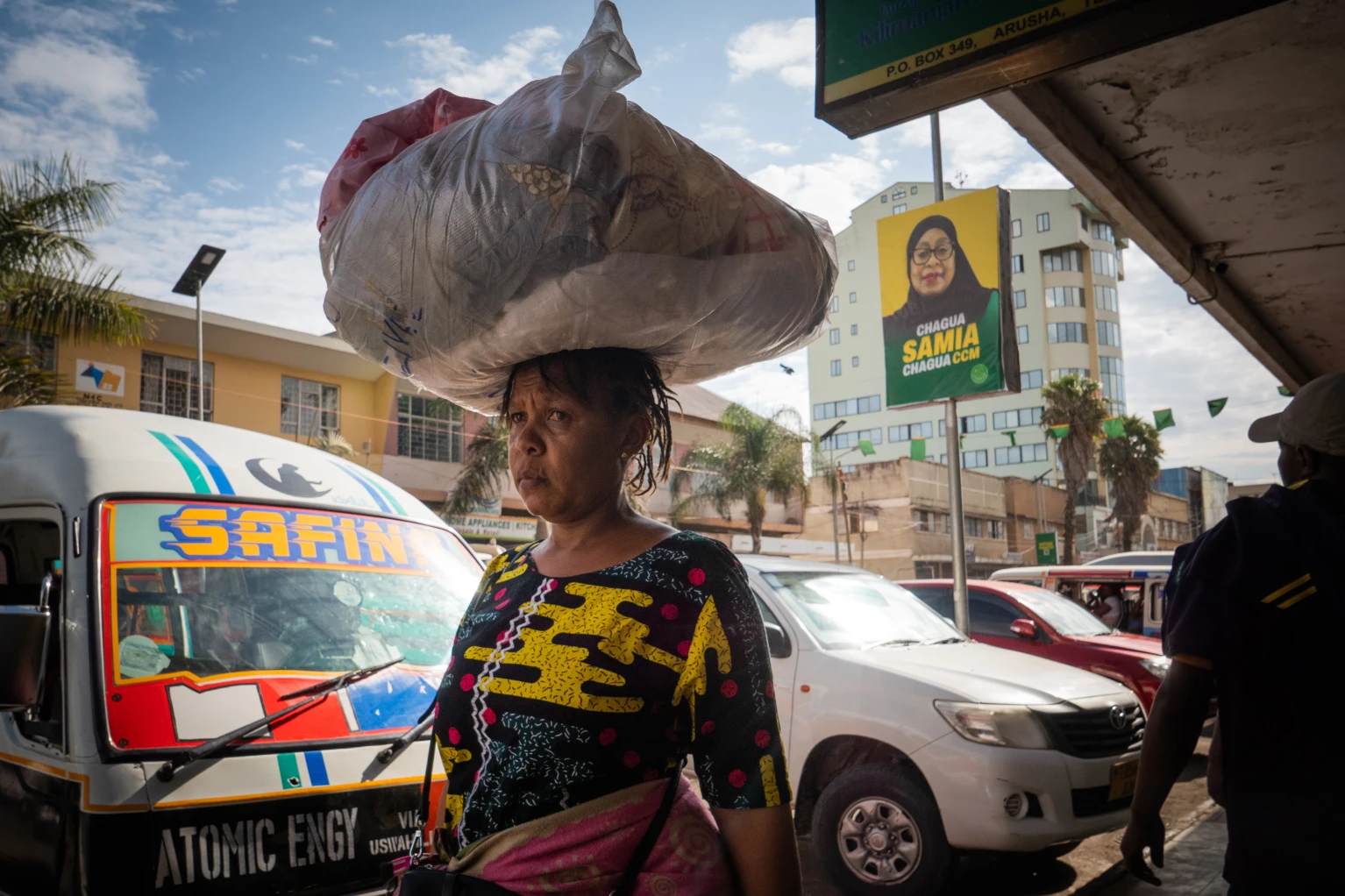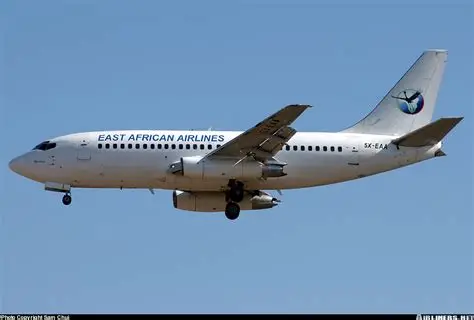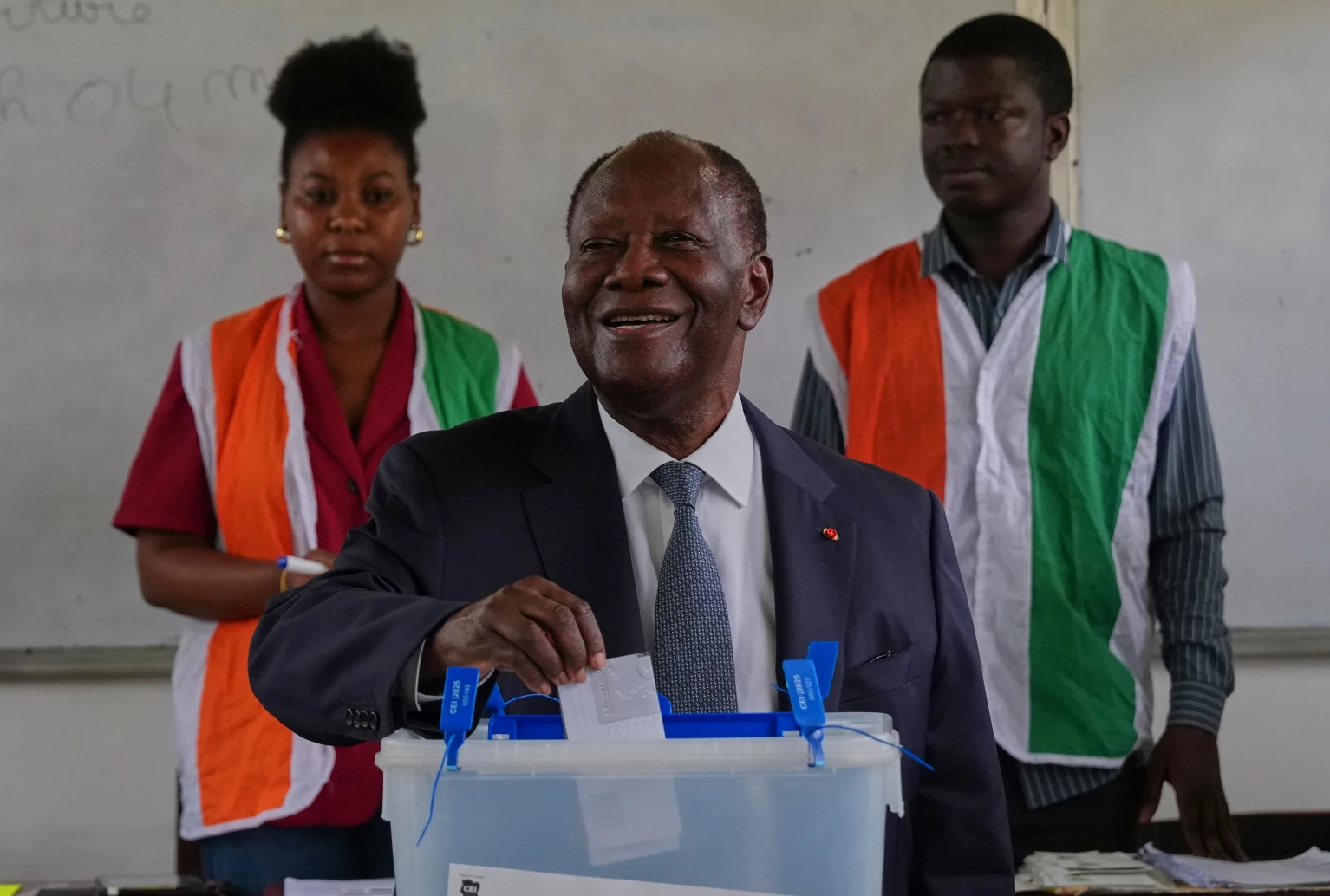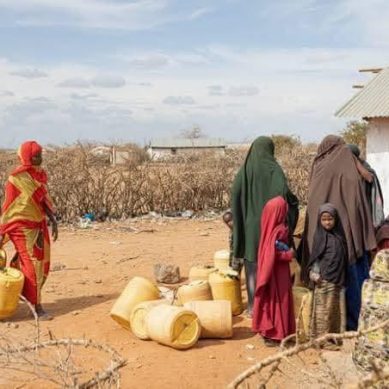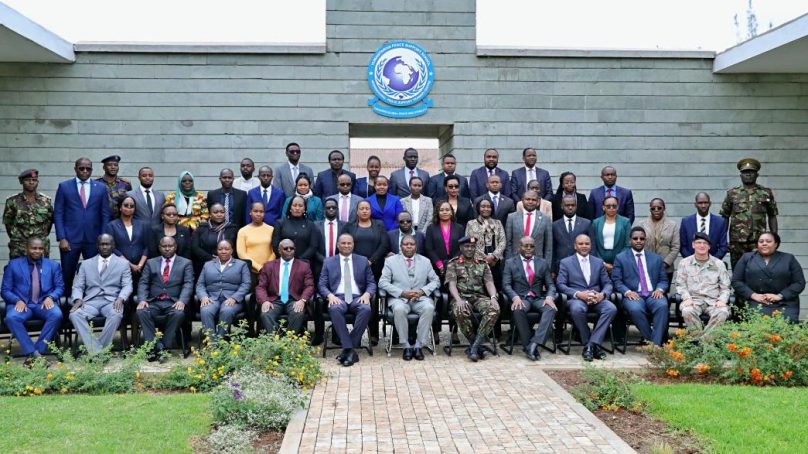
Kenya has reaffirmed its commitment to playing a greater role in international peace and security by promoting a strategic fusion of diplomacy and military planning.
This was the core theme at the first joint technical-level workshop on international peace protection, convened at the International Peace Support Training Centre (IPSTC) in Nairobi.
Organised collaboratively by the Ministry of Foreign Affairs and Diaspora Affairs (MFDA) and the Ministry of Defence (MOD), the workshop brought together senior officials, peacekeeping experts and security practitioners to deliberate on building a unified national approach to peace support operations.
The initiative signals Kenya’s intent to strengthen its position as a key contributor to international peacekeeping, with a focus on ensuring that African interests are reflected in global decision-making processes.
Ambassador Josphat K. Maikara, who is the director for political and diplomatic affairs at the MFDA, emphasized the imperative of harmonising military capacity with diplomatic engagement.
“The era when peacekeeping was solely a military undertaking is behind us,” he said, adding, “While military power remains essential, it must be accompanied by intellectual diplomacy to ensure that peace operations are credible, sustainable and locally accepted.”
Maikara, a veteran of over 26 peace missions under both the Kenyan government and the African Union since 1979, stressed the importance of embedding Kenya’s peacekeeping contributions within its broader foreign policy goals.
“Our peace and security engagements must reflect our national values of stability, equitable treatment and proactive peacebuilding,” he added.
He also called for a greater alignment between foreign affairs and defence institutions, urging deeper co-operation with multilateral bodies such as the United Nations and the African Union to ensure Africa’s voice is meaningfully represented in the global peace and security architecture.
Brigadier Stephen Huria, representing the ministry of defence, echoed the same sentiments, highlighting the necessity of regional cooperation.
“Kenya must continue to engage actively through platforms like the East African Community (EAC), the Intergovernmental Authority on Development (IGAD) and the African Union,” he said.
“Such alliances are crucial not only for operational effectiveness but also for projecting Kenya as a dependable and strategic partner in international peacekeeping,” he said.
The workshop also underlined the growing complexity of modern peace operations, which increasingly demand coordinated civilian and military strategies.
Participants discussed leveraging Kenya’s established institutions such as the IPSTC as regional hubs for training and thought leadership in integrated peace support frameworks.
Analysts noted that this joint approach may bolster Kenya’s diplomatic influence, especially as the country continues to advocate for reforms in global governance structures including the UN Security Council.
The Nairobi workshop concluded with a shared call to institutionalise civil-military collaboration in policy formulation, training, and mission planning.
Participants agreed that a stronger convergence between diplomacy and defence would position Kenya not just as a troop-contributing country, but as a thought leader in the evolving landscape of international peacekeeping.
- A Tell Media / KNA report / By Hassan Adan Ali
